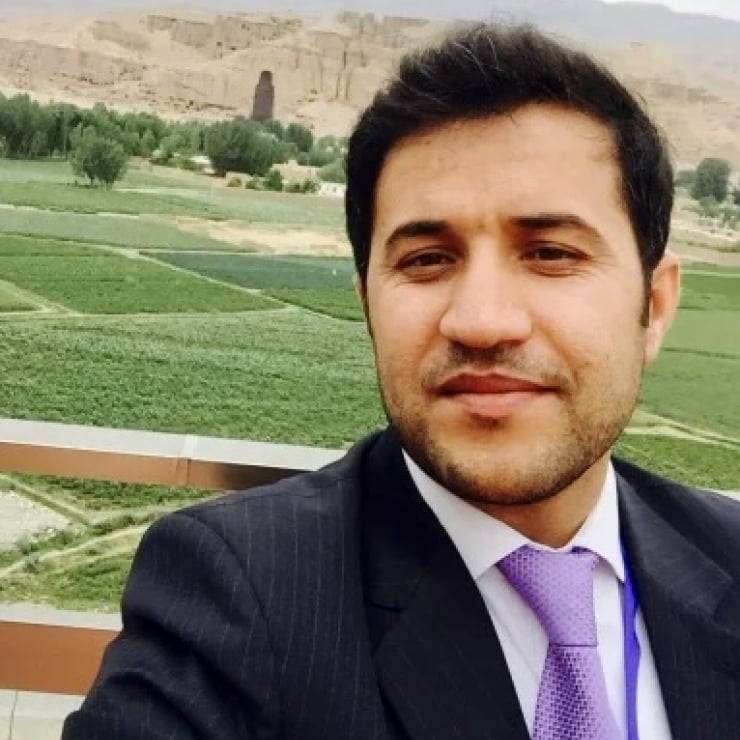Abdul Matin Sarfraz

Abdul Matin Sarfraz was born and raised in Afghanistan. He has personally witnessed his country’s political conflict and had the opportunity to study the inner workings of conflicts as a social phenomenon.
Though he has been directly affected by his country’s decades of conflict, he has not given up. He has continuously struggled to get a higher education in hopes that someday he, his children and all Afghans, will have a better future.
Abdul Matin received a BA in law from the University of Takhar, Afghanistan, and a master’s in journalism from the University of Hong Kong HKU through a scholarship.
Since 2004, he worked as a reporter with national and international media covering the insurgency, human rights, and governance in Afghanistan. In 2004, he co-founded the first weekly independent newspaper (Sada-e-Watan) in Kunduz province after the fall of the Taliban regime in Afghanistan.
He has worked with international media outlets such as the New York Times, Reuters, Der Spiegel, German Press Agency DPA, Vice.com and local ones such as Pajhwok
News Agency and Radio Sada-e-Azadi Shamal.
He also co-founded and worked as editor-in-chief for Rasany Independent Daily Newspaper in Kunduz Afghanistan.
From March 2023 to March 2024, Matin was a Journalism Fellow at Canada's National Observer through the Afghan Journalists-in-Residence Program in partnership with Journalists for Human Rights with funding from the Meta Journalism Project.










